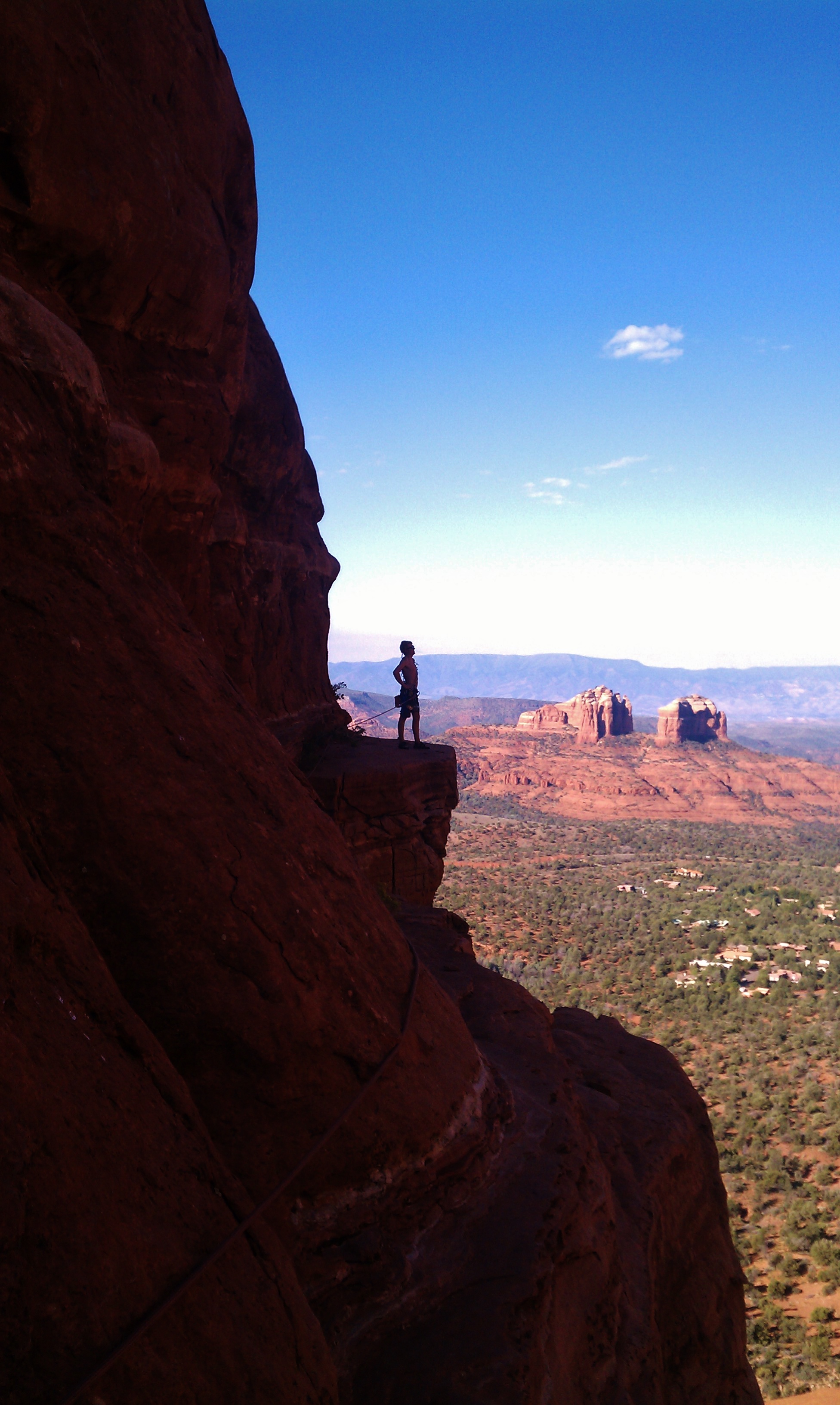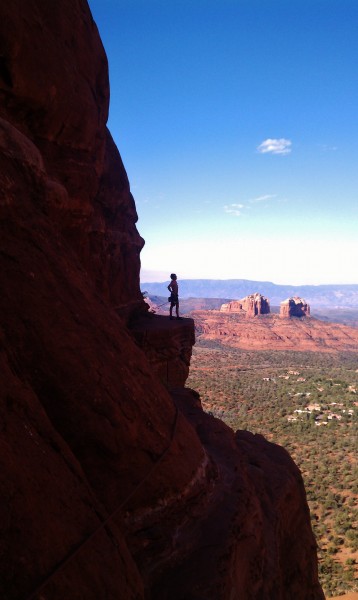
09 May Earth Matters: Climate Change Changes Everything, Perception Too?
As I’ve grown older, I’ve realized it is much too easy to gravitate towards things I know and am comfortable with. The same is true about how I think. It’s easier to deal with a problem or uncertainty the same way I have in the past. However, I’ve found that experiences I’ve benefited from most have been those that require a change in thinking. As a society, we are currently facing climate change: a challenge that requires us to change how we think and act in order to preserve life as we know it on earth.
The recently released IPCC report on the effects of climate change shows that the phenomenon is going to force us to rethink how we view ourselves as a species and as individuals. That means a change in perception from viewing our actions as inconsequential to fully embracing that fact that we what we do, how we live, can and does have dire consequences. The question is this: How big of a nudge from the natural world will it take for us to realize that sad fact of life? If current policy and social trends are any indication, the answer is one really big nudge.
But there’s another side to this story, one that gives cause for optimism: certain life experiences can cause perceptual shifts that affect our behavior for the good.
On a recent climbing trip to Sedona, Arizona, for example, I experienced a change in my perception. I realized I could climb a desert pinnacle that before seemed intimidating, bordering on impossible. The sensation of standing on the 10-foot diameter summit, looking down 500 feet in every direction, gave me the nudge I needed to realize “I can do this, I can climb these things.”
That was one of many different kinds of life experiences we can expose ourselves to that forces us to take a step back, to create the space for a new story. Now every time I climb a peak that looked impossible from the bottom, or hold onto a small hold on a boulder problem that days before seemed too small to even be taken seriously, my idea of what I can do, who I can be, and what is possible shifts.
The same can be achieved through interactions with people.
Falling in love can change the way we view the world.
Watching a cherished friend laugh or cry, watching as our actions either elate those around us or disappoint, can give us the reflection we need to ask: “Who am I in this group of people I love? Who do I want to be?”
Movies can cause perceptual changes when the action on the screen touches suppressed emotions. These new (and sometimes uncomfortable) emotions can help us become more intentional about how we act.
Technical rock climbing gave me the opportunity to see that the boundaries of what I can and can’t do and who I can and can’t be are only imaginary, created by me and backed up by society. Once I understood that, I was elated by my newfound freedom and tasked with answering the question: Who do I want to be now?
While so far I have not been able to provide myself or others a sweeping answer to that question, here’s what I do know.
I don’t want to be arrogant. I don’t want to be numb. I don’t want to blind myself to the life that is passing before my eyes. I want to live passionately, riding life’s ups and downs and learning as much as I can along the way.
Bringing true intention into my life is like making the first turn down a really steep ski run: Terrifying, but also extremely freeing and gratifying.
Maybe deciding to change how we see ourselves in the world in the face of climate change, from conquerors to members of the global ecological community, will bring similar feelings of fear and ecstasy.
For me, it’s worth the initial intimidation to find out.




Sorry, the comment form is closed at this time.